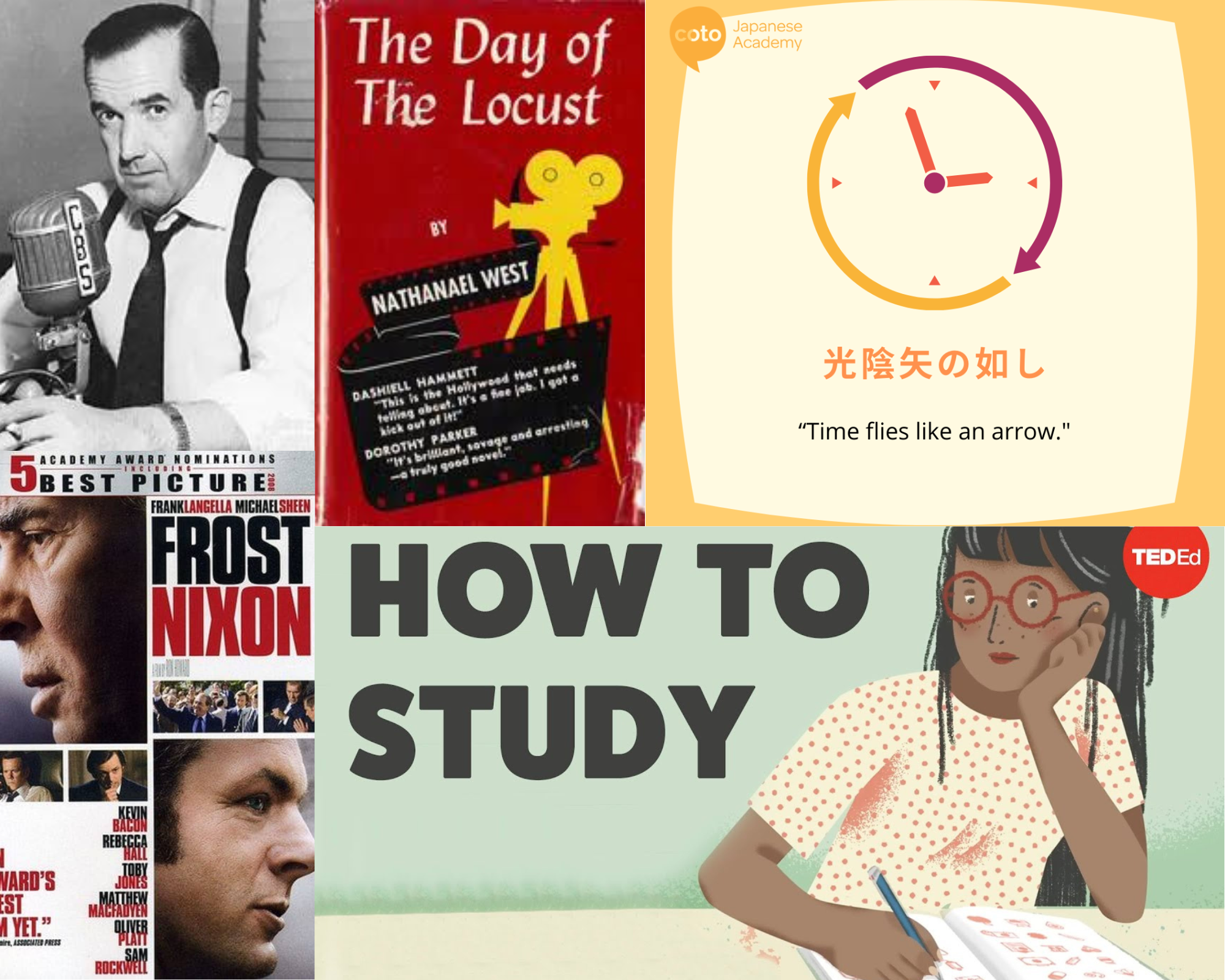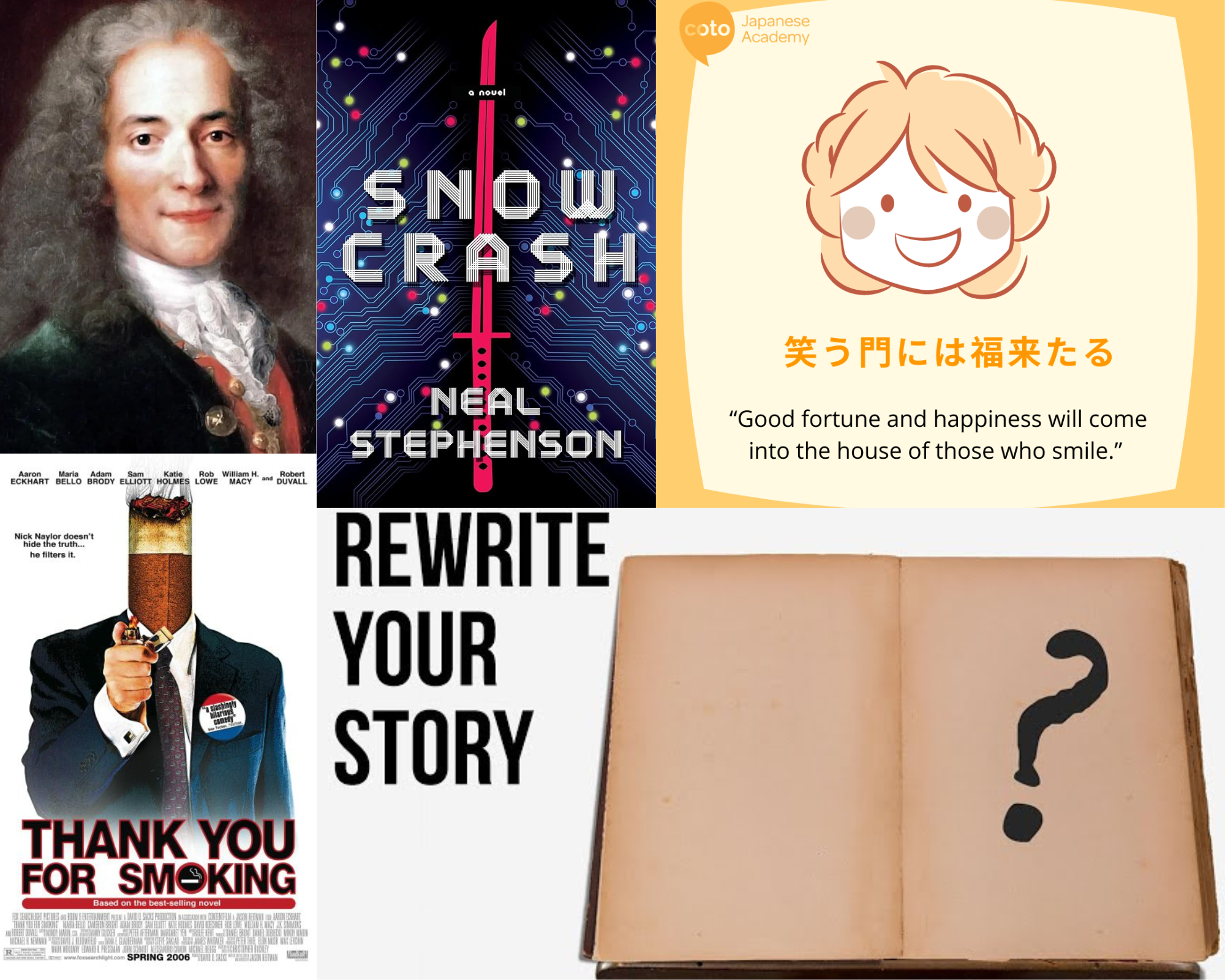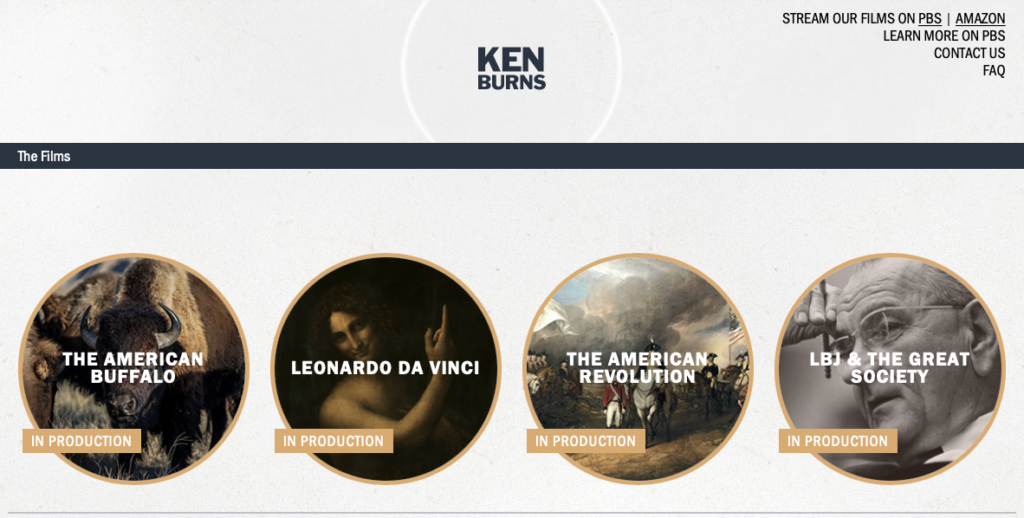Sunday Supplement #159 (May 26th, 2024)
Below is another Sunday Supplement with a quote worth sharing, a book worth reading, a movie worth watching, brainfood worth consuming, and a spiritual passage worth pondering.
Please take something away from these recommendations that enriches your week ahead!
Quote of the Week:
“Difficulty is the excuse history never accepts.”
– Edward R. Murrow
Book of the Week:
The Day of the Locust – Nathanael West
Nathanael West was an American writer and screenwriter. Although his works didn’t receive the most acclaim during his lifetime, they received greater praise as the years passed.
The Day of the Locust follows Tod Hackett, a young artist from the Yale School of Fine Arts hired to design scenes and paint for a Hollywood studio in the 1930s.
Hackett meets a variety of Hollywood stereotypes and navigates the Hollywood American Dream while meditating on those who slipped through the cracks and were disillusioned.
West’s prose is excellent, and the novel brilliantly sheds light on the darker side of human nature with a haunting narrative of chasing glamour.
Movie of the Week:
The Ron Howard-directed Peter Morgan-written Frost/Nixon received five Academy Award nominations, including Best Motion Picture of the Year, Best Achievement in Directing, and Best Writing – Adapted Screenplay.
Frost/Nixon is a dramatic retelling of the post-Watergate television interviews between British talk-show host David Frost and former President Richard Nixon.
The cast of Frank Langella (Oscar-nominated for his role as Nixon), Michael Sheen (as Frost), Sam Rockwell, Rebecca Hall, Kevin Bacon, Matthew Macfadyen, Toby Jones, and Oliver Platt all put in stellar performances.
I feel like many people haven’t seen Frost/Nixon, and it has so much to appreciate. Some historical films can be overdone or miss their mark. Check out this one.
Brainfood of the Week:
3 Tips on How to Study Effectively | TED-Ed
The TED-Ed video starts by providing the example of medical students’ studies being vital to saving lives, then teases research on effective study techniques, and then moves into understanding how the brain stores information.
TED-Ed’s mission is to create lessons worth sharing through their award-winning animated shorts.
I’m a big fan of these short videos, and they tend to pack a few key learning points in each video that are worth checking out.
I don’t want to spoil too much of the video since it’s only five minutes, but I’ll mention the overview of how making mistakes can improve long-term memorization.
It reminds me not to be afraid of failure and to constantly test and update my current pool of knowledge. Check out the video and see what you pick up!
Closing Spiritual Passage:
“Time flies like an arrow.” (光陰矢の如し)
– Japanese Proverb
This Japanese proverb emphasizes that life is short, goes by quickly, and doesn’t wait for anyone. It reminds us to make the best of each day.
I like breaking the proverb down further and thinking about how shooting an arrow has many components. The one that sticks out for me in this proverb is picking a target.
It’s vital to look ahead at where we’re aiming. Time goes by quickly, and if you are unaware of your direction, it can be harder to change your target the longer you wait.
Minor degrees of change each day compound and affect the direction of your life negatively or positively.
Choose how you write the chapters of your life’s story, and have a blessed week ahead!
Comments closed



